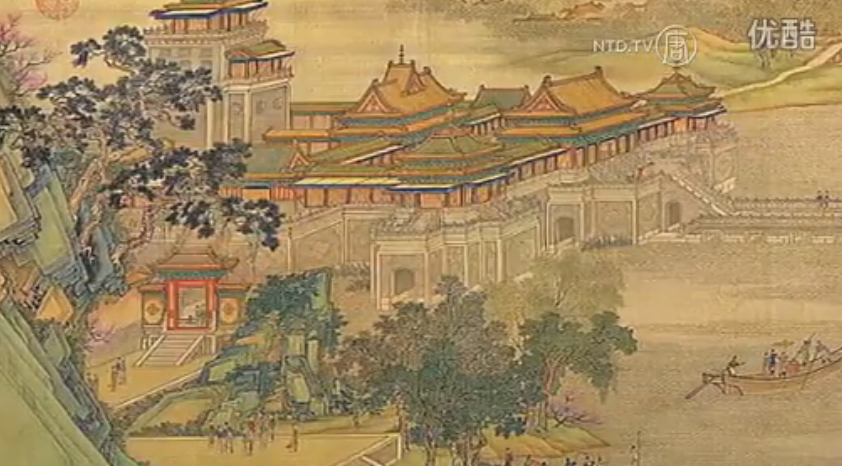原味人文风情:
Qingming Festival:History and Origins
The Chinese Qingming Festival falls on either April 4 or 5. Also known as Tomb Sweeping Festival, it is a time for families to remember and pay respects to the ancestors.
The origin of the festival dates back to the spring and autumn period, 770 to 476 B.C. It was to honor Jie Zhi-Tui, a loyal follower of the Duke Wen of Jin state. Before he became the king, Jie cut a slice of meat from his own thigh to make soup for the starving duke. A gratified Wen promised to reward Jie, but when he became king, he forgot about Jie. Jie, seeking no gain or reward, quietly left to live in a forest with his elderly mother. When Wen realized his mistake, he tried to persuade Jie to return to the court by setting fire to the forest. But Jie and his mother died in the fire. A saddened Wen declared that no fires could be lit on that day. Thus, people would only eat cold food, and the festival was originally called Cold Food Day.

During the Tang Dynasty, the festival evolved into a tomb-sweeping event. By the time of the Song Dynasty, candles were also used. Today, Chinese families visit the tombs of their ancestors to pay respects. They sweep the tomb area and clear the weeds. Then they offer food, flowers, light candles, or burn incense and paper gifts for their ancestors. The one-day festival is also known as Clear Bright Festival or Ancestor's Day.












